Organisation
Dene Lands and Resource Management, Athabasca Chipewyan First Nation
Description
There are three session topics that have the potential to be presented on under the theme of Climate Change and industrial activity in the Athabasca Oil Sands. We are hoping to be able to present on one or all three of these topics depending on what the IIPFCC feels would be the most impactful.
Topic one is: "Revisiting Oil Sands Disasters and their impact on the Athabasca Chipewyan First Nation"; a session where participants are walked down a timeline pinpointing notable environmental disasters that have occurred within our traditional territory (what is now called northern Alberta). Our aim to is to speak to those disasters and demonstrate how the exclusion of ACFN's perspective and Indigenous Knowledge increases the risk of reoccurrence on the landscape. We will be speaking to the necessity of Indigenous leadership in the regulatory space so that meaningful action can be taken to combat decades of passivity.
Topic two is titled: "Centering Indigenous Knowledge"; a session where our Nation will present some of its most recent work. ACFN has been collaborating with technical scientists to develop a process that centres the Indigenous Knowledge of its membership while utilizing western science practices for over two decades. We have used it to establish thresholds for what acceptable water and land (terrestrial) quality is to our members (ACFN’s Water Quality Criteria for Indigenous Use (WQCIU) and Terrestrial Criteria for Indigenous Use (TQCIU). ACFN has also developed a stewardship plan to protect our Woodland Caribou which are a cultural and ecologically important species (Caribou Stewardship Plan). What we have done is show the good work that can come out of meaningful collaboration that centres and prioritizes Indigenous Knowledge with an understanding of how to use western science to empower communities. ACFN is proud of our ability to produce defensible holistic work that if implemented can raise the standard for mitigation, reclamation, remediation and closure.
Topic three is our most preferred presentation and it is titled: “Pathways: how did we get here and where are we going? Transitioning to a Net-Zero future in ways that ensure that inherent, human and Treaty Rights inform that transition and are meaningfully recognized”. As Canada and the globe grapple with the realities of today’s Climate Change crisis and sign agreement after agreement yet continue funding fossil fuel initiatives – indigenous peoples are grappling with harsh truths about the future of their communities. ACFN is facing compounding impacts of extractive industry activity within our territory, we are concerned about gaps in the strategies meant to ease the societal transition to Net-Zero, and we are unrelenting in our pursuit for the prioritization of Indigenous leadership within the Net-Zero/Just Transition space. Our session will facilitate a discussion and take a critical look at what the future holds presently in terms of the health of our lands and waters which we have stewarded for a millennia and have a duty to protect.
Speakers
Callie Davies-Flett - Regulatory Advisor
Janelle Flett - Resource Development Coordinator
Facilitators
Brian Fung - Manager Government Relations
Kg Banjoko Government Relations and Consultation Coordinator
Doren Otung, Climate Change and Sustainability Coordinator
Languages
EN-SP

